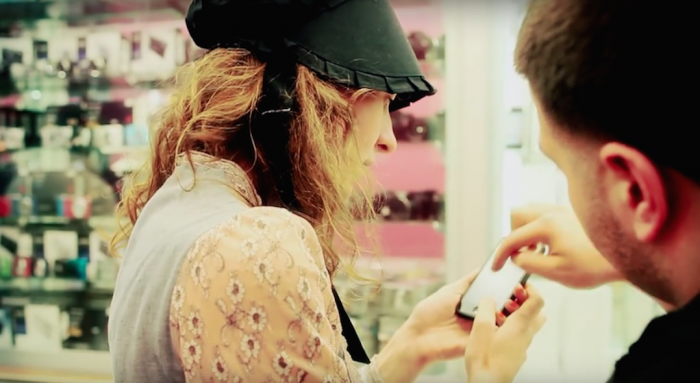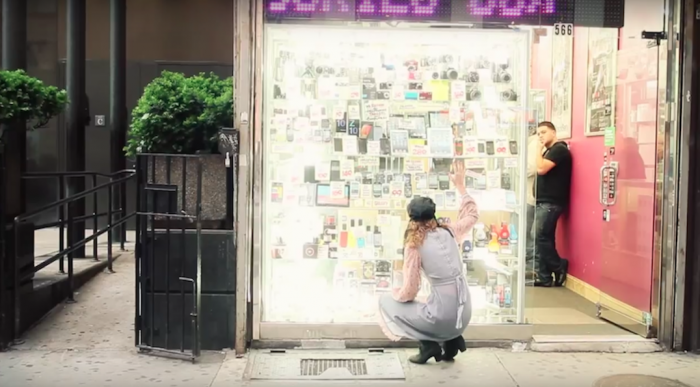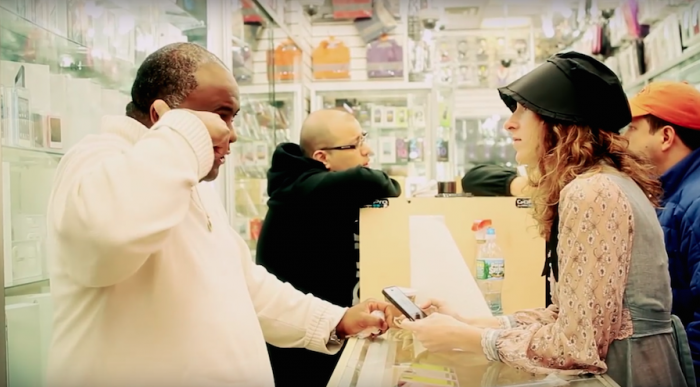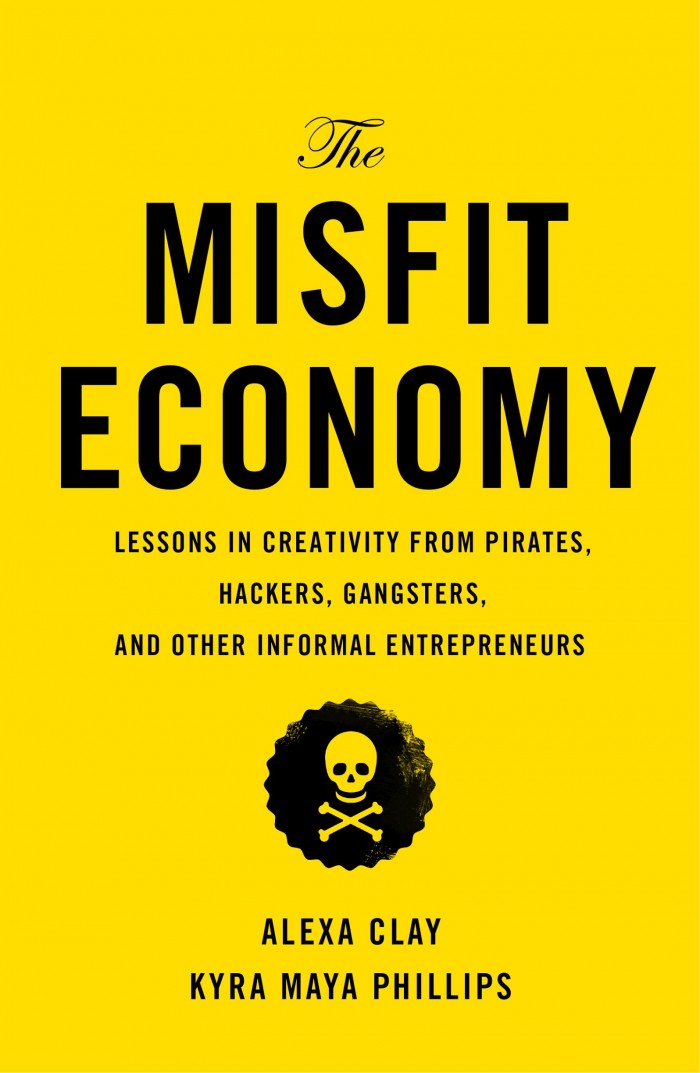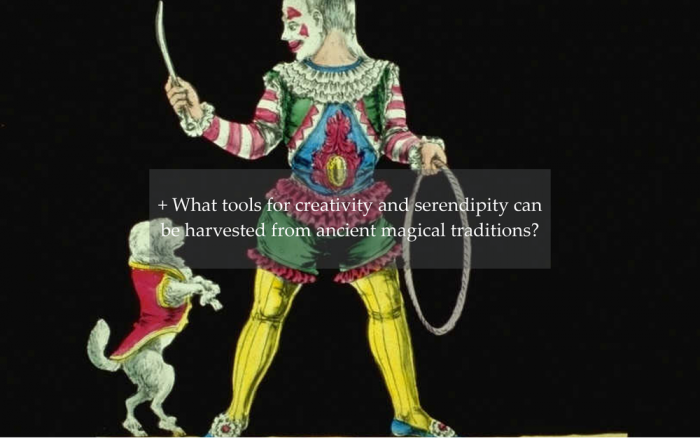Ambitious futurist, Alexa Clay, is used to making people squirm. She looks at a discomforting issue, namely whether technology is turning us into zombies by the impact it has on our minds, emotions and everyday interactions.
Her aim? She wants the tech industry to focus on the good they can do, not just on another money-making app, says this Master of Science student from Oxford University, Alexa Clay. She is also known as the Amish futurist (the Amish are a sect in the US known to shun technological innovations) and she is hoping to use her knowledge in technological change, creativity and economic transitions to help create a new community of innovators.
Technology and our emotions
In her character as The Amish Futurist, Clay looks at how technology can be both terrifying and exciting. Her work investigates the impact of technology on the essence of our humanity: the mind, the feelings and our interactions.
“Today we are interacting with technology that is turning us into zombies. We have push notifications, we have addictive interface design, we have these transactional relationships on Linkedin and Facebook, and it's not bringing out the best that makes us human,” explained the Futurist during her 2015 TED talk.
Technology should be about humanity, not just money
The Amish Futurist is Clay’s way of confronting techno-optimism. For her, it's not about preaching technological abstinence, but rather wanting the industry to refocus their goals.
In this, she targets America’s tech capital, Silicon Valley, by challenging its startups. She wants the industry to focus on the good they can do, instead of investing in pride and money.
She wants them to rethink their stance in the global industry.
“I still believe in this childish hope that we can use technology to amplify our humanity, "says Clay. "There are some start-ups that I’ve come across that are taking this approach. I call them existential entrepreneurs because they are building things that really make a difference and matter. They are not just building another app to get rich.”
You will most likely find her at a tech conference, where she gives talks on this topic. But more importantly, she uses these conferences to gather insights from other attendees. She often asks questions around how technology makes people feel – not always a popular issue.
When Clay is not playing her role as Amish Futurist, she slips into the role of a writer.
The world of pirates and hackers
Her debut book, The Misfit Economy, was released in 2015, and was named a must-read book of business by The World Economic Forum. The success of the book sparked a documentary and a National Geographic series that followed the stories of people Clay wrote about.
The book offers a look into the underground markets and informal economies that play host to pirates, bootleggers, hackers and counterfeiters. It showcases how “misfits” use their skills and methods to garner success.
It also looked at how the success could be applied to formal markets.
“This book investigates the stories of underground innovation that make up the Misfit Economy,” explained Clay. “It examines the teeming genius of the underground. It asks: Who are these unknown visionaries? How do they work? How do they organise themselves? How do they act as catalysts with regards to innovation? And ultimately, how can you take these lessons into your own world?”
Clay and her co-author, social innovation specialist, Kyra Maya Phillips, interviewed over 500 people who depend on illegal enterprises to make a living. They were able to document those practices, which varied in their levels of creativity, innovation, salesmanship and entrepreneurship.
After the success of the book, Clay developed The Misfit Academy. The ongoing workshop includes talks, which sees Clay teaching attendees on how to think like an underworld creative and how it could be economically beneficial.
Wisdom hackers
Clay's work also sees her heading Wisdom Hackers, an incubator for philosophical inquiry that catalogues technological practices from ancient and modern times. Clay and her team use this information to provide new pathways in approaching tech.
“Borrowing from the ancient wisdom traditions and modern self-directed learning movement, the Wisdom Hackers community brings together people from art, technology, literature, activism, design and innovation to explore a fundamental angst,” explains Clay.
It's has become a place where like-minded individuals can come together to discuss their worries relating to current world matters.
She also has other organisations with which she works closely. Clay is the co-founder and Director of The Human Agency, which is an incubator that looks at breakthrough ideas involving humanity.
Technological change, economic transitions and grassroots innovation are all things Alexa Clay has built a career on. There's no telling what could be next for this innovation strategist.
Read more:
This women-led tech school has an innovative curriculum at its core
Tech innovations that make dealing with mental illness a little bit easier

